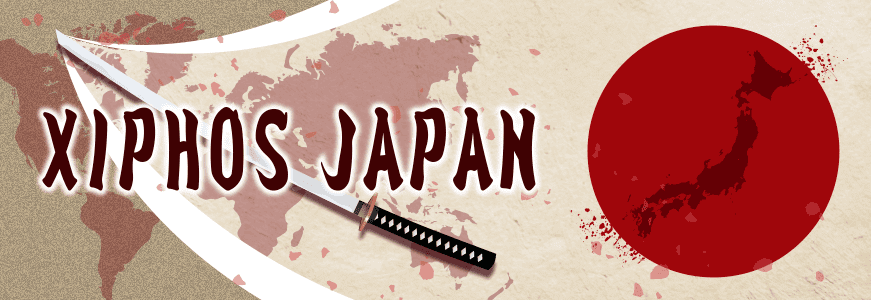 Recently, due to the influence of Corona, we have been receiving a considerable increase in the number of inquiries from people who are unable to manage their business with the existing business model, and are wondering what they should do in the future.
Recently, due to the influence of Corona, we have been receiving a considerable increase in the number of inquiries from people who are unable to manage their business with the existing business model, and are wondering what they should do in the future.
There are many business owners who feel that the business model in Japan has reached its limits, especially the one based on community-based business. And they inevitably ask me, “What about overseas where the market is bigger?”
Unfortunately, the future of the Japanese market is not very bright.
Based on the principle of population = market size, the Japanese market with its 120 million population is a market with potential that cannot be ignored. However, considering the declining birthrate and aging population, price competition, and mature services, it may be a good idea to consider other options.
Understand the global market
Companies are not volunteers, and they need to generate revenue to maintain their operations. Therefore, most business owners who are struggling with their business can solve most of their problems by increasing their revenue. There are many ways to increase profits.
One example is to expand the business to overseas.
In a previous large-scale survey, more than 70% of companies answered that they were interested in going overseas. However, less than 10% of these companies are actually taking action or planning to do so.
Furthermore, less than 90% of the companies that have taken action have either revised or abandoned their plans within a year. The reasons for this have been mentioned in the past, but in a nutshell, they were not able to adjust. In a word, they could not adjust.
Just as the Japanese proverb says, “When in Rome, do as the Romans do,” it is necessary to adapt to local business practices, culture, and customs when venturing overseas.
There is no need to completely abandon the Japanese way of doing things, but understanding, accepting, and compromising with the local way of doing things is an essential element for success.
Another reason why Japanese companies do not succeed in expanding overseas is that they do not take international standards into consideration.
While it is true that there are various opinions, such as pros and cons, likes and dislikes, meaninglessness, etc., international standards are, as the name suggests, standards and certifications that are recognized to some extent by the international community, so it can be said that they cannot be completely ignored.
For example, there is a certification for food processing processes called HACCP. In Australia, this certification has been mandatory and routine for quite some time now, and even small businesses have obtained this certification.
However, in Japan, even though the certification has finally been made compulsory, there are still very few companies that have obtained this certification, and unfortunately only a few managers are aware of the certification itself.
In addition, as a global trend, organic food is becoming more and more important. Organic foods are highly valued. It is true that the number of people with allergies has increased compared to my childhood.
As a result, it is natural for people to want to obtain safe food, even if it is a little expensive.
In Japan, there are many farmers and manufacturers who are dedicated to producing pesticide-free and safe foods. If you actually see them in action, you will be amazed at the amount of time, effort, and effort they put into their products.
There are many people who want to sell their products overseas, but unfortunately most of them are not certified organic.
Unfortunately, most of them do not have organic certification. Although it is difficult to say, it is possible to sell products without organic certification. However, in this case, you will not be able to differentiate yourself from your competitors and you will be forced into a price war, which will most likely result in a lower price than you had expected.
It is pesticide-free and safe. However, without proof that the food is safe, the confidence you have in your product will not be validated.
Of course, obtaining the certification requires a lot of time, effort, and budget.
However, if you are serious about competing overseas, it is easier to get a legitimate evaluation of your work if you have obtained some kind of certification that is recognized internationally.







